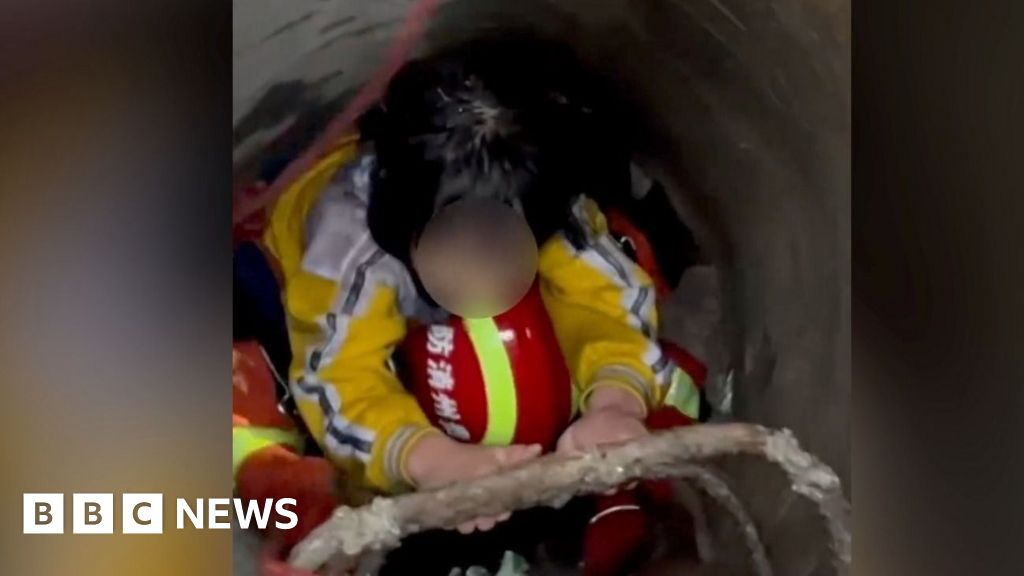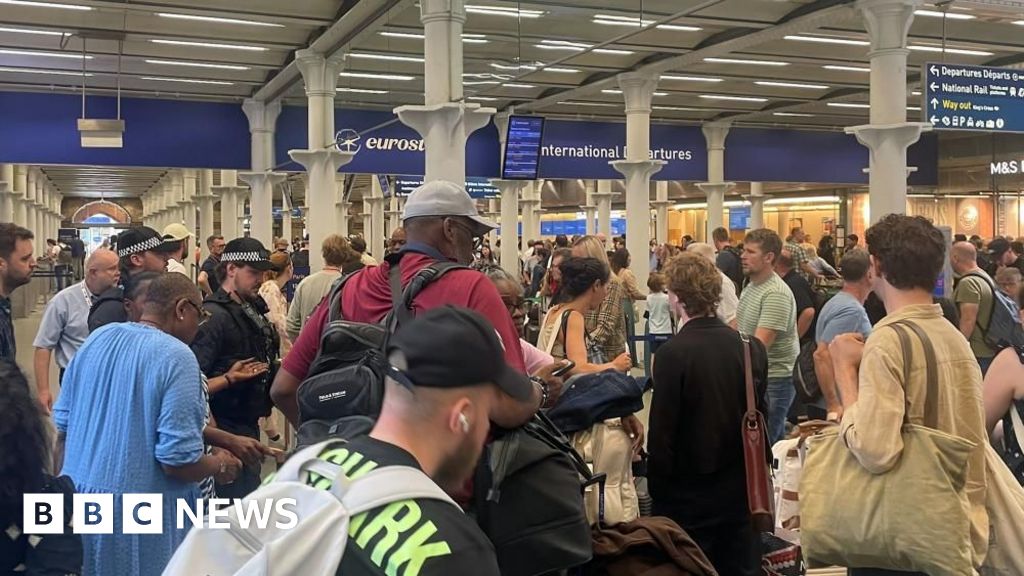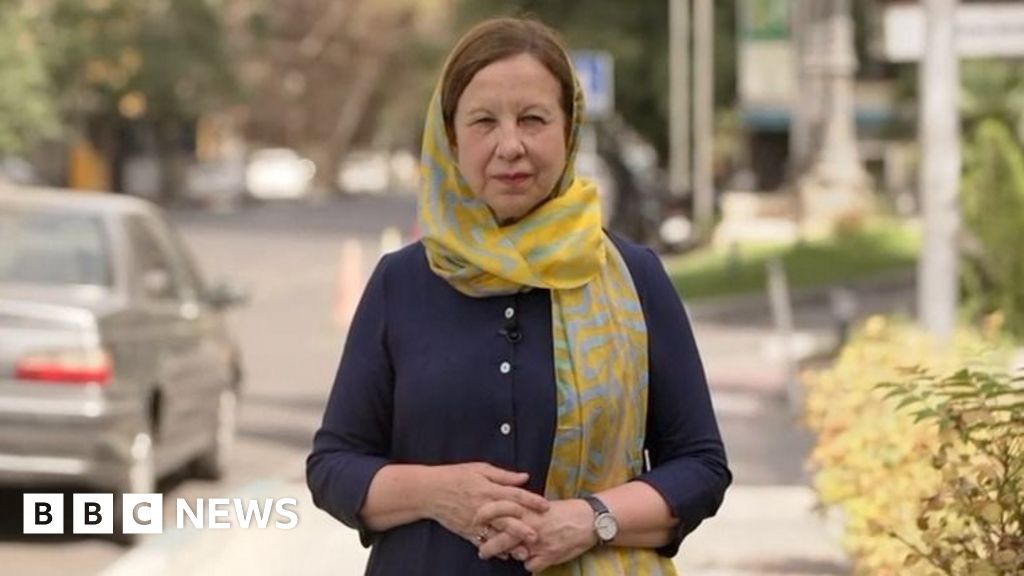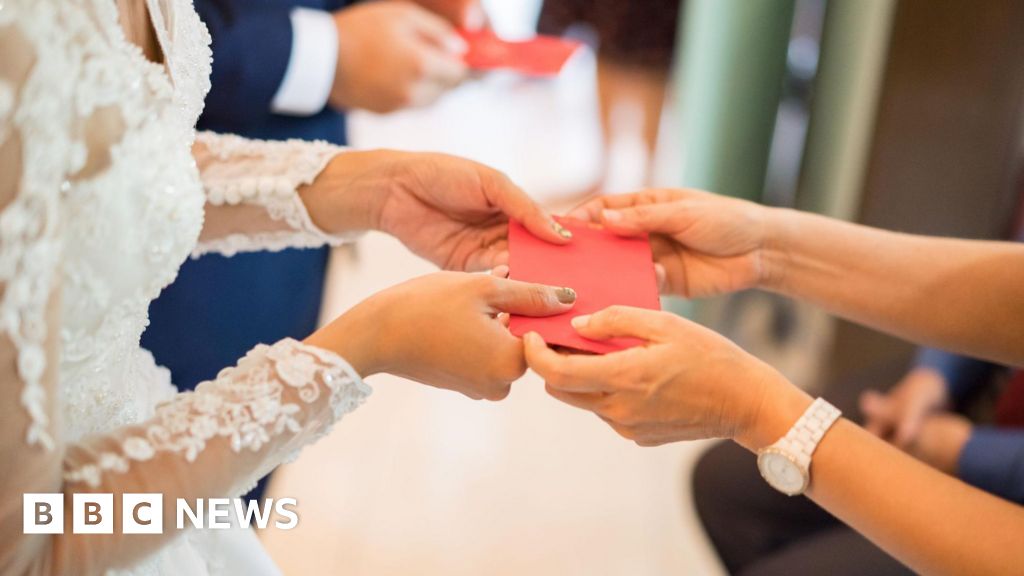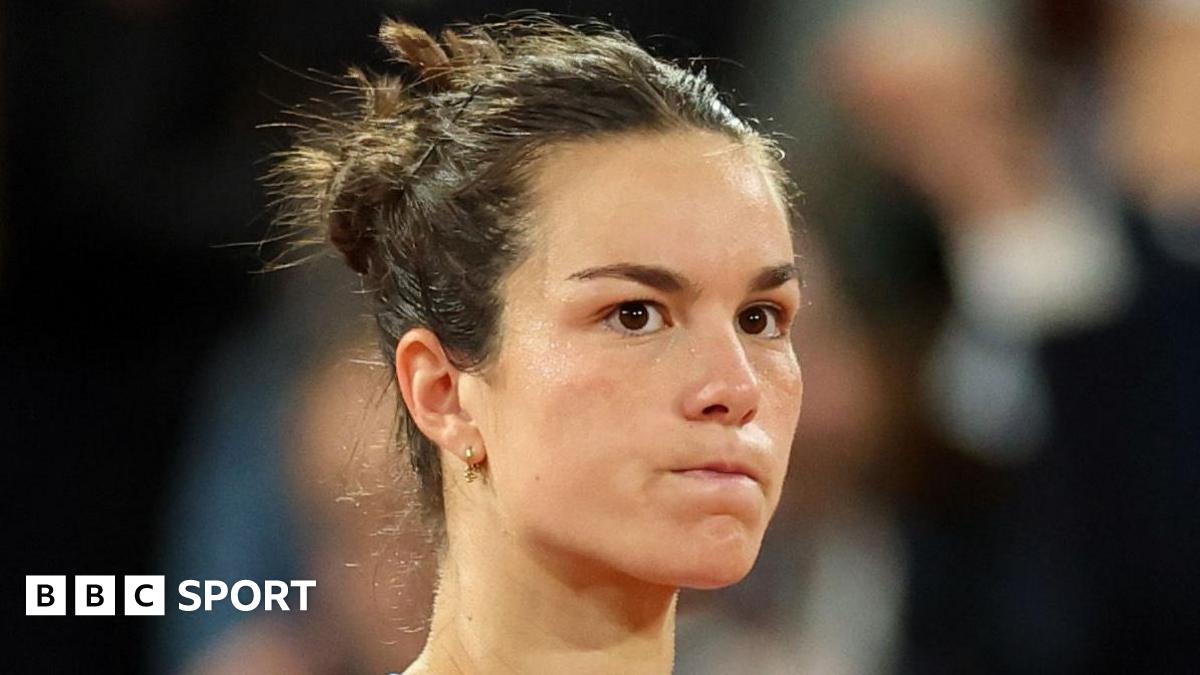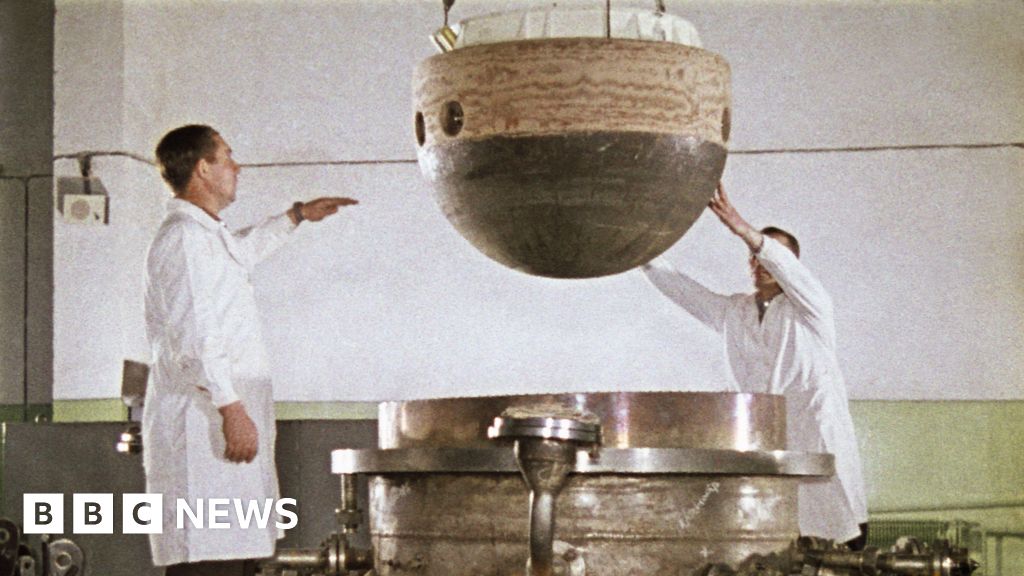When Pope Leo XIV emerged on the balcony of St. Peter’s Basilica as the new head of the Catholic Church on Thursday, the Rev. Lawrence Ndlovu of Johannesburg could not help but wonder at the shade of his skin.
“‘You’re not the classical white sort of person,’” Father Ndlovu said he had been thinking while watching from South Africa. “But I couldn’t figure out, What are you?”
The revelation that Pope Leo is descended from Creole people of color from New Orleans, including some with potential ties to the Caribbean, has excited Father Ndlovu and other Catholics around the world, particularly those in Africa and other places with deep African ancestry. Several have said they saw him as one of their own — someone they could better relate to and who may champion their causes.
“He’s not foreign to us,” Father Ndlovu said. “There is a part of him that is also us.”
There remains some uncertainty around Leo’s racial ancestry.
Various records listed his maternal grandfather’s birthplace as the Dominican Republic, “Hayti” or Louisiana and describe his maternal grandparents as Black or “mulatto.” They once lived in the Seventh Ward in New Orleans, an area that is traditionally Catholic and a melting pot of people with African, Caribbean and European roots.
Edwin Espinal Hernández, the director of the law school and a genealogist at the Pontificia Universidad Católica Madre y Maestra in the Dominican Republic, said he and other experts had found some indications that the pope’s grandfather was born in Haitian capital, Port-au-Prince.
Leo’s brother John Prevost, who lives in the suburbs of Chicago, said the family does not identify as Black.
But that has not stopped some from embracing him as being of African ancestry.
Robson Querino do Nascimento, a church maintenance worker in Rio de Janeiro, said he believed the new pontiff’s ancestry made him more likely to work to better the plight of Black and poor people.
More than half of the population in Brazil identifies as Black or mixed-race, and the country’s long history of slavery means racial identities are often complex.
“He knows what human suffering looks like,” Mr. Nascimento, 52, said. “Because there are people of color in his family as well.”
Leo’s ancestry brought a sense of ease to some South Africans who had feared that he might be like President Trump and that his selection represented a consolidation of American power, said Father Ndlovu, who runs the main Catholic cathedral in Johannesburg.
In Kinshasa, the capital of the Democratic Republic of Congo, many Catholics had hoped that their archbishop, Cardinal Fridolin Ambongo Besungu, would become pope and chart a new course for the church in Africa, where it is growing faster than anywhere else. But some saw Leo as possessing the background to represent African interests, said the Rev. Léonard Santedi, the chancellor of the Catholic University of Congo.
“Given his multicultural background,” Father Santedi said, “we also hope it will help him embrace and represent global diversity.”
Reporting was contributed by Ana Ionova from Rio de Janeiro, Frances Robles from Florida, Jack Buunda from Kinshasa, Lynsey Chutel from London and Ruth Maclean.
Source link
